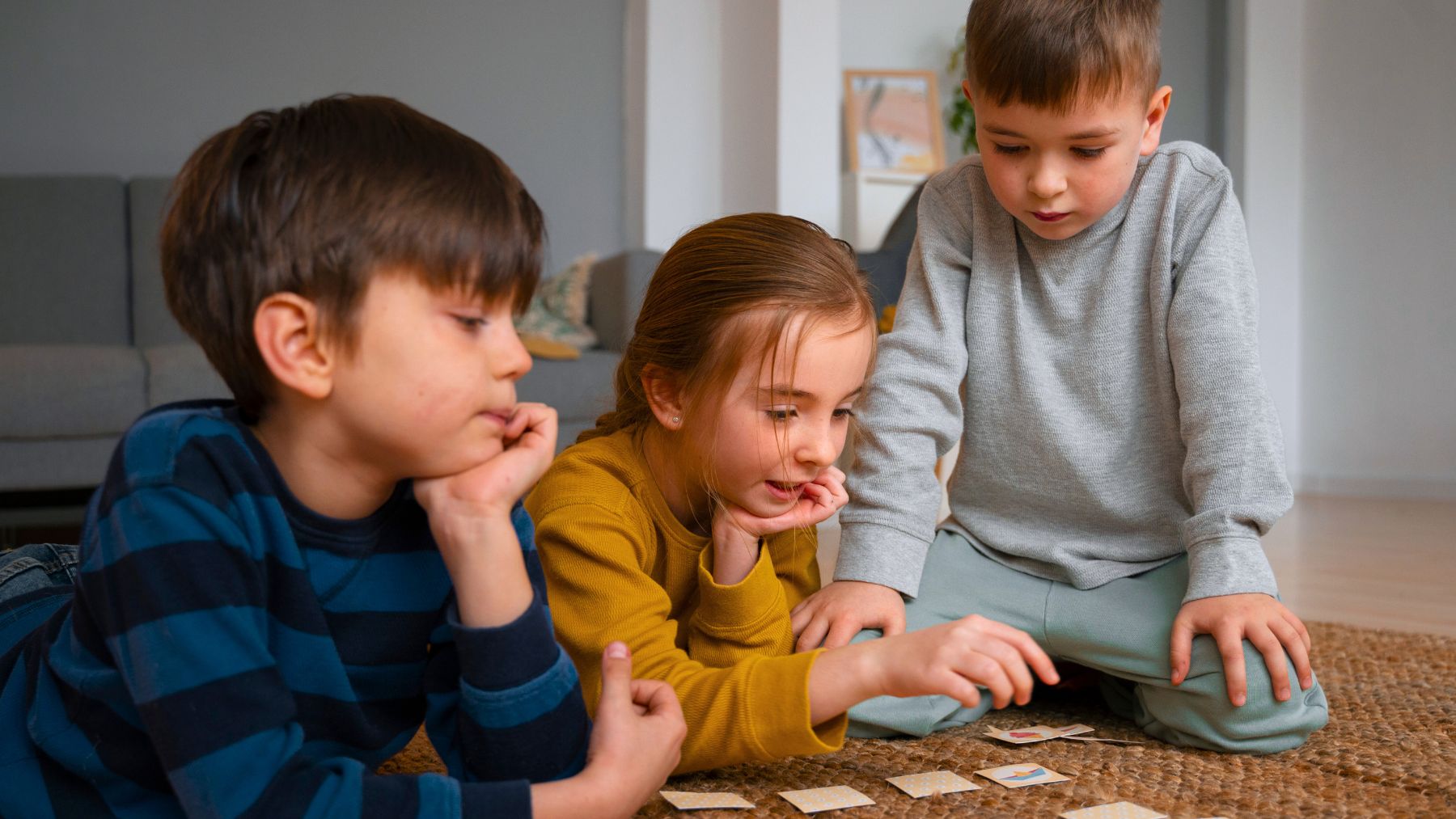According to child psychologists, certain types of play can help kids become better thinkers, better communicators, and more socially aware. And no, we’re not talking about screen time or academic apps.
A great way to support a child’s brain development is through board games. Experts like Dr. Laura Markham and Claire Lerner highlight that games involving turn-taking, strategy, and teamwork can boost reasoning skills and emotional regulation. In the following sections, we’ll explore the many benefits of board games and which ones are best for your child’s growth.
The benefits of board games for kids
Board games help kids think ahead, follow rules, read social cues, and manage emotions, all in the context of play. When a child plays a structured game, they’re not just learning how to win or lose; they’re practicing focus, patience, memory, and logic.
Experts agree that playing together—especially away from screens—helps kids develop verbal and social skills in a more natural way. Dr. Markham emphasizes that competitive games, when managed well by adults, can teach sportsmanship and resilience.
Beyond cognitive skills, board games support emotional growth. Waiting your turn, dealing with frustration, or handling a surprise win or loss are moments where kids build self-control and awareness. That emotional flexibility is a key part of what makes a child not just smart, but well-adjusted to group dynamics.
Games also open up opportunities for families to connect. Shared, fun activities like board games create space for conversation, laughter, bonding, and quality time, which positively impact a child’s confidence and sense of security.
Best board games for kids to build brain power
Every board game comes with its unique characteristics and advantages. The best ones for kids combine fun with challenge and encourage different types of thinking. Here are some expert-approved picks that support learning without feeling like work:
- Memory match or concentration-style games: These boost short-term memory, visual focus, and attention span. They’re simple enough for younger kids and can be played solo or with others.
- Guess Who?: Encourages deductive reasoning and verbal description skills. Kids learn how to ask targeted questions and process new information quickly.
- Connect 4: Teaches pattern recognition and planning abilities. Kids begin to understand strategy while enjoying a fast-paced, repeatable game.
- The Sneaky, Snacky Squirrel Game: Great for preschoolers. It improves fine motor skills, color recognition, and early counting, all wrapped in a playful animal theme.
- Zingo: A fun take on bingo that sharpens word recognition and matching skills. Ideal for early readers and younger children.
- Outfoxed!: A cooperative mystery game that teaches logical reasoning and teamwork. Kids work together to solve a puzzle instead of competing.
- Uno or Uno Junior: Helps with number recognition, color sorting, and turn-taking. It also introduces kids to basic strategy in a light way.
If you’re looking for a way to support your child’s development without turning to screens or textbooks, board games are a top option. They’re engaging, social, and easy to include in their weekly routine. Most importantly, they help build skills that last well beyond childhood.

